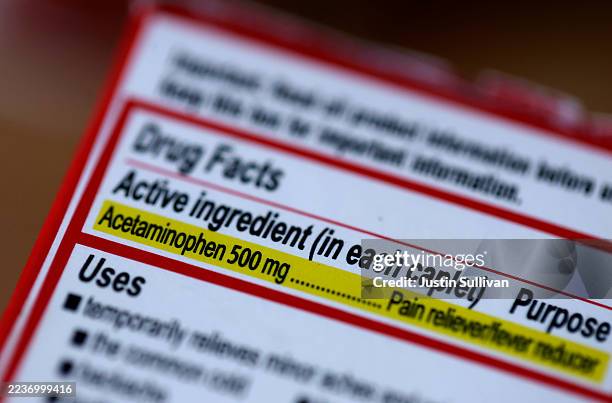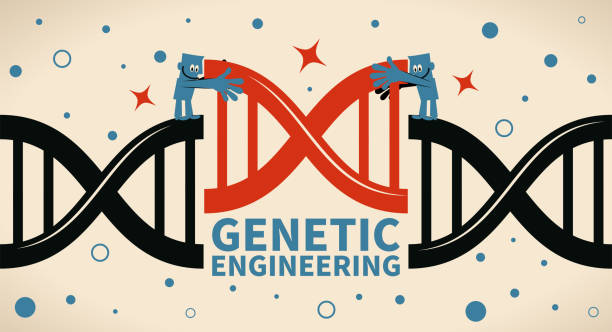Recent research has uncovered a concerning link between accelerating aging and the rising incidence of early-onset cancer in younger generations. The study, presented by the American Association for Cancer Research’s (AACR) Annual Meeting in 2024, examined data from nearly 150,00 individuals in the UK Biobank. Researchers found that people born in or after 1965 were more likely to have a biological age that outpaced their chronological age, a phenomenon known as accelerated aging.

Individuals with higher levels of accelerated aging have a 17% increased risk of developing solid tumor cancer, with an even greater risk for specific cancer types. Compared to those with the least amount of accelerated aging, those with the most had:
- Twice the risk of early-onset lung cancer
- Over 60% higher risk of early-onset gastrointestinal cancer
- Over 80% higher risk of early-onset uterine cancer.
“Multiple cancer types are becoming increasingly common among younger adults in the United States and globally,” said Ruiyi Tian the study’s lead author. “Understanding the factors driving this increase will be key to improving the prevention or early detection of cancers in younger generations.”
Aging is a major risk factor for cancer. Still, the researchers suggest that accelerated biological aging, rather than just chronological age, may contribute to the rise of early-onset cancers. Factors like diet, physical activity, mental health, and environmental stressors can influence biological age and potentially drive this trend.
“Unlike chronological age, biological age may be influenced by factors such as diet, physical activity, mental health, and environmental stressors,” Tian explained. “Accumulating evidence suggests that the younger generations may be more swiftly than anticipated, likely due to earlier exposure to various risk factors and environmental insults.”

The findings show that interventions to slow biological aging, such as lifestyle modifications or potential anti-aging therapies, could represent a new avenue for cancer prevention. Additionally, screening efforts tailored to younger individuals exhibiting accelerated aging may help detect cancers. earlier.
“If validated, our findings suggest that interventions to slow biological aging could be a new avenue for cancer prevention, and screening efforts tailored to younger individuals with signs of accelerated aging could help detect cancers early,” Tian said.
Further research is needed to replicate these findings in diverse populations and uncover the mechanisms driving the link between accelerated aging and early-onset cancers. However, this study provides a promising lead in understanding and addressing the troubling rise of cancer among younger adults.


















